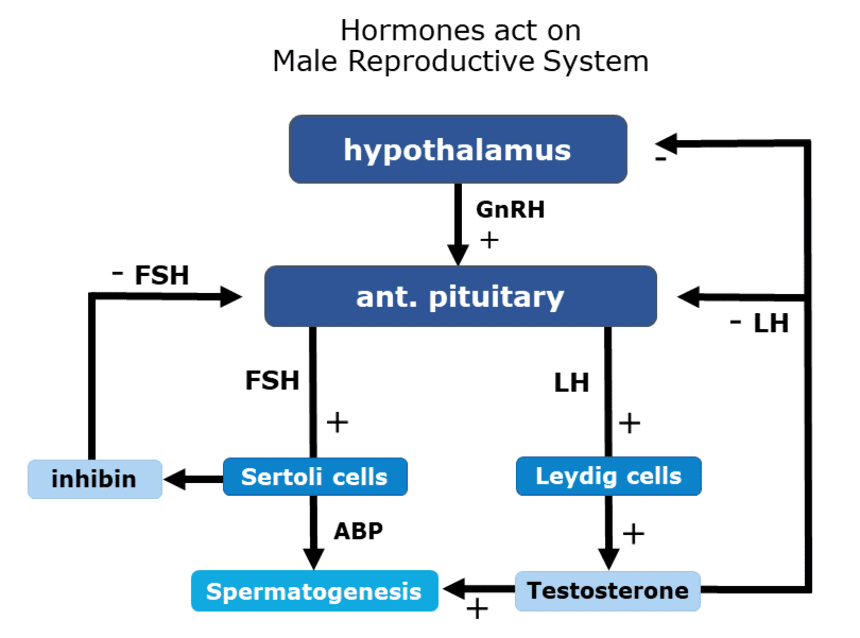
Comprehensive Analysis of Factors Affecting Hormone Regulation in Humans
Title
Comprehensive Analysis of Factors Affecting Hormone Regulation in Humans
Author
1. Aesha Bhalara,
Student, Amity University, Noida, India
2. Shahid Trivedi,
Professor, Amity University, Noida, India
Abstract
Hormone regulation is fundamental to human physiology since it affects so many different processes. These include digestion, development, emotions, and reproduction, among many others. This review article discusses factors influencing hormone regulation, including genetics, external factors, lifestyle choices, and health problems. Some individuals are more prone to hormone imbalances because of things like inherited illnesses or certain gene defects. Hormonal balance is significantly affected by environmental variables, such as chemicals that disrupt the and pollutants. Many lifestyle variables affect hormone balance, such as food, exercise, tension, and falling asleep. Diabetes, obesity, autoimmune diseases, medications, and other conditions may all have an impact on hormone control. In order to provide a comprehensive understanding of the mechanisms involved, this paper compiles the latest findings on hormone regulation and discusses their relevance to clinical practice. This research shows how important it is to regulate hormonal health holistically, considering all relevant factors and how they interact. We propose new avenues of study and policymaking to help us comprehend and manage hormone-related diseases.
Keywords
Conclusion
Summary of Findings
Through this overview, the varied and interconnected nature of hormone regulation is brought to light. It highlights how genetic, environmental, lifestyle, and medical variables all impact hormonal health. When it comes to establishing an individual's vulnerability to hormone-related illnesses, genetic predispositions, which include hereditary disorders and particular gene mutations, play a significant impact. It has been shown that environmental exposures, particularly exposures to endocrine-disrupting chemicals (EDCs) and pollutants, may dramatically disrupt the synthesis and control of hormones. In order to maintain hormonal equilibrium, it is necessary to consider lifestyle aspects such as eating choices, physical activity, stress management, and sleep patterns. Several medical illnesses, including autoimmune diseases, diabetes, and obesity, as well as the usage of certain drugs, have the potential to either worsen or directly create hormonal imbalances. When it comes to understanding and controlling hormone regulation, the synthesis of recent research demonstrates the importance of taking a comprehensive and integrated approach.
Implications for Health
An in-depth familiarity with the factors that impact hormone control is necessary to develop effective strategies for preventing and treating hormonal imbalances. Healthcare practitioners need to consider a holistic approach that considers several factors, including genetics, the environment, habits, and medical impacts.
Future Directions
More studies are needed to investigate the intricate connections between these elements and their cumulative effect on the regulation of hormones. Innovative techniques, such as customized medicine and environmental health policies, are necessary when expanding our knowledge of hormonal health and its treatment.
Policy Recommendations
Public health measures must be supported to decrease environmental exposures to EDCs and promote healthy lifestyle choices. In order to facilitate early intervention and individualized treatment strategies, genetic screening programs might aid in identifying people at risk for hormone-related diseases.
Author Contrubution
The author confirms sole responsibility for all stages of the study, including design, data collection, analysis, and manuscript writing.
Funding
No grants from public, commercial, or non-profit funding agencies supported the research, authorship, or publication of this article.
Conflict of Interest
The authors have no conflicts of interest to declare.
Data Sharing Statement
There are no data available for sharing in this work.
Software And Tools Use
This study does not pertain to any software or tools usage.
Acknowledgements
My gratitude goes to those who assisted in this study and manuscript preparation, and to the anonymous reviewers for their constructive insights.
Corresponding Author
Aesha Bhalara
Amity University, Noida, Student, India
Shahid Trivedi
Amity University, Noida, Professor, India
Copyright
Copyright: ©2026 Corresponding Author. This is an open access article distributed under the terms of the Creative Commons Attribution License , which permits unrestricted use, distribution, and reproduction in any medium, provided the original author and source are credited.
Bhalara, Aesha, and Trivedi, Shahid. “Comprehensive Analysis of Factors Affecting Hormone Regulation in Humans.” Scientific Research Journal of Biology and Life Science, vol. 2, no. 2, 2024, pp. 10-14, https://isrdo.org/journal/SRJBL/currentissue/comprehensive-analysis-of-factors-affecting-hormone-regulation-in-humans
Bhalara, A., & Trivedi, S. (2024). Comprehensive Analysis of Factors Affecting Hormone Regulation in Humans. Scientific Research Journal of Biology and Life Science, 2(2), 10-14. https://isrdo.org/journal/SRJBL/currentissue/comprehensive-analysis-of-factors-affecting-hormone-regulation-in-humans
Bhalara Aesha and Trivedi Shahid, Comprehensive Analysis of Factors Affecting Hormone Regulation in Humans, Scientific Research Journal of Biology and Life Science 2, no. 2(2024): 10-14, https://isrdo.org/journal/SRJBL/currentissue/comprehensive-analysis-of-factors-affecting-hormone-regulation-in-humans
1626
Total words758
Unique Words83
Sentence18.457831325301
Avg Sentence Length0.18293227856481
Subjectivity0.048995983935743
PolarityText Statistics
Viewed / Downloads
Total article views: 233 (including HTML, PDF, and XML)| HTML | XML | Total | |
|---|---|---|---|
| 162 | 46 | 25 | 233 |
Viewed (geographical distribution)
Thereof 233 with geography defined and 0 with unknown origin.